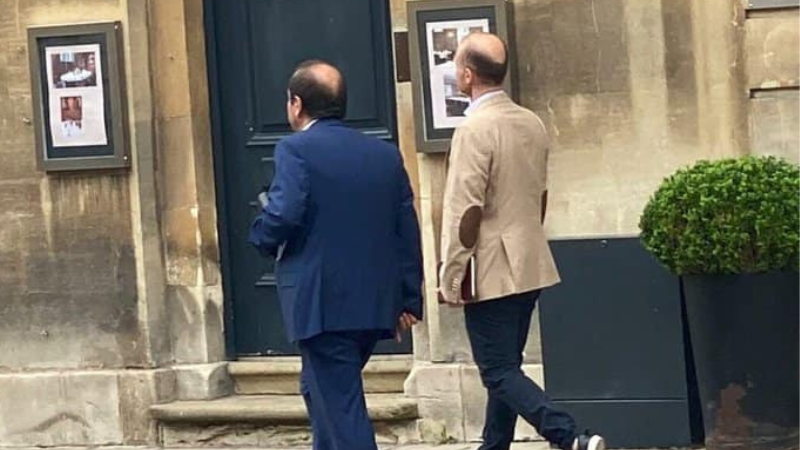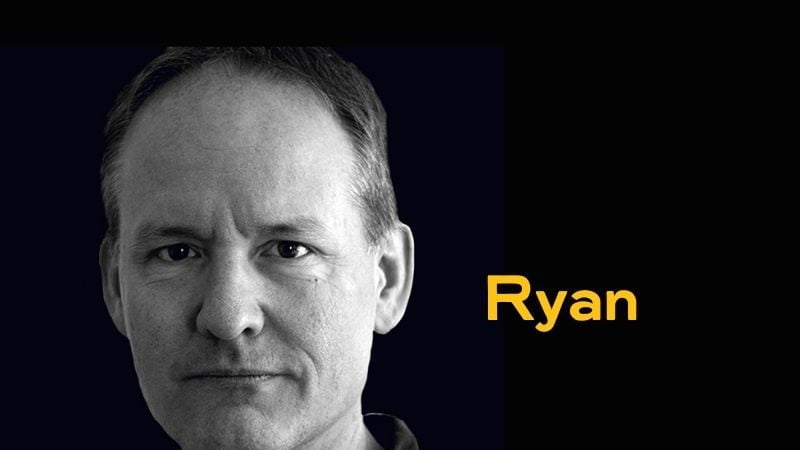“What Michael Stivala and Joseph Muscat do in their private life is their own prerogative.”
When I read that quote, I thought Robert Abela was taking a similar line to former Canadian Prime Minister Pierre Trudeau, who said, “There is no place for the state in the bedrooms of the nation.”
But Muscat and Stivala are not indulging in amorous escapades. Nor are they getting together for movie nights or a few hands of gin rummy. The two men are in business together, and as far as Abela is concerned, it has nothing to do with his government because Muscat is not in public life.
Read between the lines, and you’ll find the same argument we hear every time someone is caught with a hand in the cookie jar: “I have a right to feed my family.”
No one is suggesting the disgraced former prime minister should live out his remaining days in jobless penury because he carries a miasma of corruption with him the way Charlie Brown’s friend Pigpen carries a miasma of dirt.
Muscat is free to offer his alleged expertise “from an economic point of view” to anyone who wants to hire him. What he’s not free to do is accept payments for services rendered to clients while he was still in office or immediately after.
The term for that is ‘deferred bribe’: a bribe promised for some service that is paid only after the politician has safely left office. Payments made to government officials — current or former — for the furtherance of corrupt activities are the proceeds of crime.
You’ll note that I said “current or former”. The definition of a Politically Exposed Person (PEP) is “someone who has been (but may no longer be) entrusted with a prominent public function.”

Michael Stivala and Joseph Muscat were spotted in Oxford, UK, in July 2022.
The increased level of scrutiny such individuals are subjected to in the financial world doesn’t end the minute they leave office because the increased risk of financial crime doesn’t end there, either. In the EU, they – and their family members – remain classified as a PEP for at least a year after they held their last political position.
Muscat was still a PEP when Stivala hired him as a consultant. According to the Financial Action Task Force (FATF) — the very same global anti-money laundering body that put Malta on its grey list — consultancy agreements are a red flag for investigators and compliance officers because they’re often used to hide the real reason behind a transaction.
In this case, Stivala is head of the Malta Developers’ Association, and his multi-million-euro property and hotel group benefitted from a number of controversial planning decisions during Muscat’s time in power.
Asked to comment on the consulting agreement his company entered into with the toxic former prime minister “a few months after” he was driven from office over links between his inner circle and the men who killed journalist Daphne Caruana Galizia, Stivala said, “Just like we have engaged lawyers who were in politics… we believe everyone has the right to work after politics.”
There’s that straw man again, everyone’s ‘right to work’.
No one’s suggesting former politicians don’t have a right to work. The question is why a particular businessman or group would want to hire a particular former politician.
In most cases, they seek to benefit from what’s called a ‘revolving door’. That’s when a civil servant or politician leaves a public sector job and takes up a job with a company in an industry they were previously responsible for regulating or legislating.
Industries hire such people because they want to gain access to government officials or inside knowledge of loopholes they could exploit. It’s a highly unethical grey area, and in Malta the rules against it are deliberately vague.
But the use of unethical revolving doors is not the question everyone’s raising when it comes to Joseph Muscat.
The prime minister that the OCCRP named 2019 Person of the Year in Organized Crime and Corruption has raked in money from three consulting agreements that we know about so far.
There’s the payments developer and hotel magnate Michael Stivala’s group started making ‘a few months after’ the former prime minister’s resignation.
There’s Fortina Investments, the company that benefitted from a highly controversial land use decision for their Sliema seafront project. They sent Muscat “multiple payments”, reportedly totalling some €20,000 three months after he left office.
And there are the highly suspicious €15,000 payments — €60,000 in total — Muscat received from companies linked to the contractor that took over three public hospitals for a princely €1.
To refresh your memory, The Times of Malta reported that Muscat received four payments of €15,000 each, with the first being sent two months after his resignation. The money came from two companies: Accutor AG and Spring X Media. Both Accutor and Spring X Media were based in Switzerland, and both were run by a man called Wasay Bhatti.
By some odd coincidence, Steward Healthcare sent €3.6 million to Accutor in early 2018, the bulk of it on the day they finalised an agreement to take over the running of the three hospitals.
In another odd coincidence, Accutor then sent payments to key individuals from the VGH deal, including Bluestone Investments director and convicted fraudster Ram Tumuluri, and VGH investor and Maltese passport buyer Shaukat Ali. It also entered into an “open-ended consulting agreement” with the prime minister whose right-hand man negotiated the hospital deal.
Three consulting agreements with entities that benefitted financially from controversial decisions made by his government, all entered into very soon after Muscat left office.
The former prime minister’s defence? The usual smokescreen of whataboutism, victimhood and claims he made everyone in Malta richer.
“I will comment once again that it is an undisputed fact that the whole economy, from businesses to pensioners, benefitted from my tenure as prime minister,” Muscat said when questioned about the Stivala agreement.
Oh, well that’s orrajt then. Those consulting payments still look an awful lot like deferred bribes, and bribes are the proceeds of crime.













Well, this what happens when the Swiss Company Registry has only one company on it books at the same time that Malta has only one person who has a degree in economy. Necessity, the mother of …
Apparently as long as our FIAU (a Savonarola on anything except Maltese PEPs) does not receive a specific STR on a Maltese PEP, everything is blissfully fine….
Stivala tghid x jghid il malti “MA MIN RAJTEJK XEBBAHTEK U IFHIEM. Nispera li mhux BIRDS OF THE SAME FEATHER